The Amazon marketplace is a powerful tool for consumers to find the products they desire, and to break down the barriers for sellers to access customers around the world.
Over the past 23+ years, Amazon has evolved from an ambitious online bookseller challenging the traditional bricks and mortar companies to a tech behemoth that has transformed how e-commerce operates. In 2006, the transformational Fulfilment by Amazon (FBA) service was launched. FBA allows sellers to leverage Amazon’s global network of over 100 fulfilment centres and 15 sorting centres to efficiently offer products to consumers all around the world, whilst taking a hands-off approach to the physical operations of their e-commerce business. This provides sellers with favourable access to customers in 185 countries, and is in many ways a ‘no brainer’ for Amazon sellers. (Link).
This guide assumes that as a reader, you already have a successful Amazon FBA business. However, if you are in the process of developing your FBA business, or thinking about building an FBA business, this guide should provide insight into exit strategies, optimizing operations, and understanding what is required to get to the ‘light at the end of the tunnel’.
Beginning with the end in mind forces you to focus on what matters – to build an efficient and effective machine. We sincerely hope that you find this guide valuable in addressing the specific challenges and capturing the opportunities that you may face in your journey through the world of e-commerce.
TYPES OF AMAZON FBA BUSINESS
There are 3 broad categories that FBA businesses tend to fall into: reseller (otherwise known as retail arbitrage), private label and own brand/proprietary product. The following diagram provides a high-level summary of these types of businesses, which is developed in more detail below:
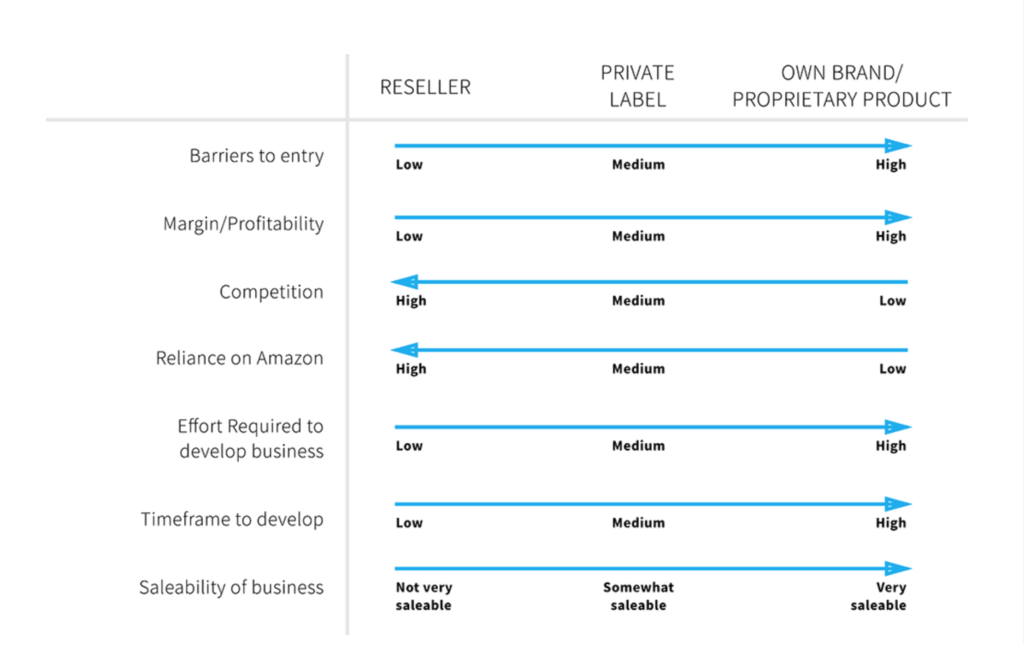
Reseller
Reselling involves finding products (online or in person) that you can sell on Amazon for a profit. This is the most simple type of FBA business to build. It is basically trading – buy wholesale, sell retail.
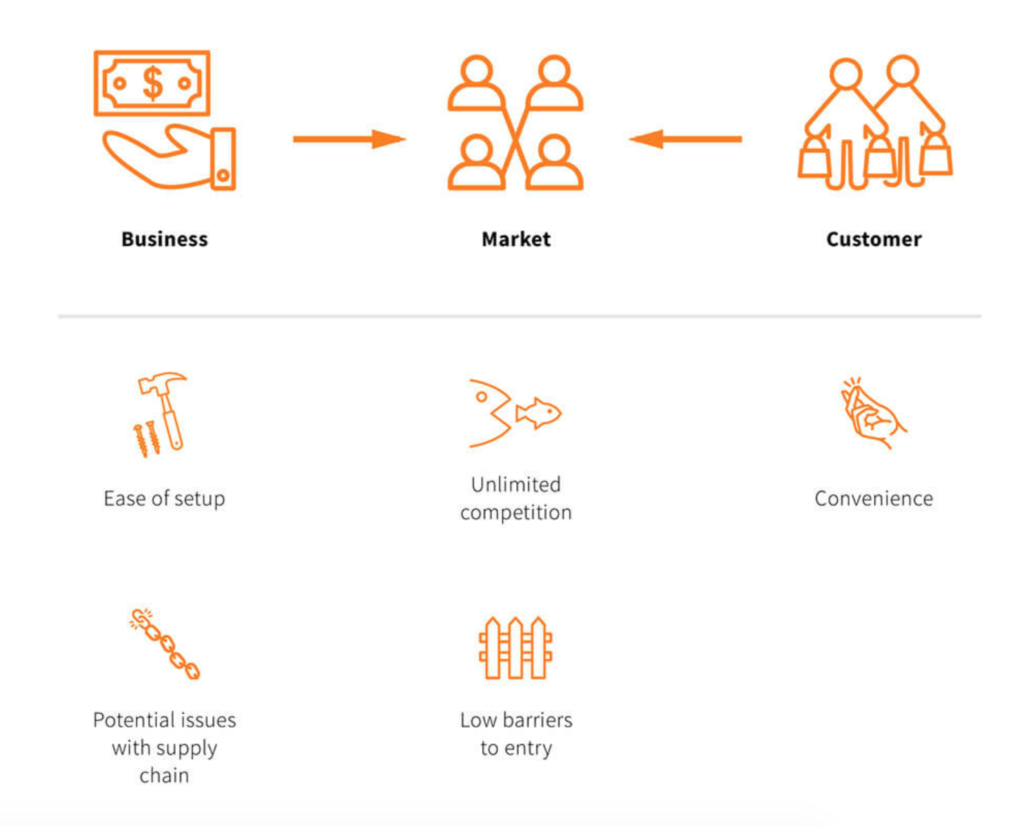
Reseller – Pros and Cons
Pros:
- Easy to develop business, and low startup costs.
- You can gauge how well the items are selling before you buy them.
- Retail arbitrage is a great way to ‘dip your toes in the water’ when it comes to building an FBA business, and can be a great way to learn if this is something you want to pursue.
Cons:
- Potentially unlimited competition – very low barriers to entry can be a double-edged sword in that almost anyone can ‘copy’ your business strategy.
- Due to the extremely low barriers to entry, profitable products can easily become unprofitable due to increases in the level of competition between when you purchase the product and when it is listed for sale on Amazon.
- You are reliant on Amazon’s goodwill – if you accidentally list a product that you are forbidden from selling, you risk having your Seller Central account removed. Care must be taken in deciding which products to sell.
- This type of business can be hard to sell, as there is little value added.
- Reliable supply can potentially be a problem.
How saleable is this type of business?
This type of business tends to be very hard to sell, even if you are making substantial profits. The true value added (for the consumer) is convenience. You are essentially “competing for the buy box”. Due to the issues listed above, buyers are potentially taking on a lot of risk when purchasing a reseller business.
Private Label

Operating a private label Amazon business involves taking existing products and adding your own brand to them. Lots of manufacturers offer “white label” products whereby you can re-brand their product to your own requirements. Here’s a detailed guide on developing private label products for sale on Amazon: Designing logo for amazon private label products
Private Label – Pros and Cons
Pros:
- Value is added through branding, in theory increasing consumer trust. This creates a barrier to entry for competing sellers and shifts the focus of your products from solely competing on price.
- Relative ease to offer a diversified portfolio of products under your own brand. Allows you to spread risk across various product categories.
- Each successful product offering compounds your income – there is a clear path towards growing the business. Scalability is achievable if structured right.
- A successful private label business is more attractive to buyers than a reseller offering the same products.
Cons:
- High level of reliance on Amazon – unless you develop your own website and offer the same products on other platforms, you are quite susceptible to third party risks.
- High probability of purchasing a product that doesn’t sell in the early stages of the business – although this risk can be mitigated through diligent research, it can pose significant risks for entrepreneurs with little startup capital.
- Medium-high levels of competition – if another private labeller notices the opportunity you are capturing, they can easily offer a similar product.
- Cash intensive – stocking lots of products and constant prototyping does have a real cost.
- Time intensive – dealing with customer enquiries, liaising with factories around the world, paying a wide range of bills to various parties, and constant research/prototyping takes a significant amount of work.
How saleable is this type of business?
In many ways, the saleability of a private label business depends on the goodwill of the brand. If there are lots of great reviews, the business has a strong Best Seller Rank (discussed in the next section) and repeat customers, this will naturally increase the attractiveness of the brand. Some key factors influencing the saleability of a private label business include how long the account has been in existence, how diversified the product mix is (and how concentrated revenues are towards specific products), level of owner involvement and growth trends for sales and profit. As we will discuss in the next chapter, digital assets outside of the Amazon platform such as a social media presence, an online ‘standalone’ store and customer mailing lists can improve the saleability (and value) of the business.
Own brand/proprietary product:
As far as FBA businesses go, this is the holy grail. Although it is much harder to succeed compared to building a reseller or private label business, it creates more lasting value which is difficult for competition to replicate. This involves creating something unique (for example, improving upon a popular product such as a more effective mouse trap, or a new health supplement formula), or taking an existing product and augmenting the offering in some way that increases its attractiveness to consumers. This differs from a private label brand in that a private label is simply adding your brand to an existing product. For this type of business, the brand is more than just a store on Amazon.
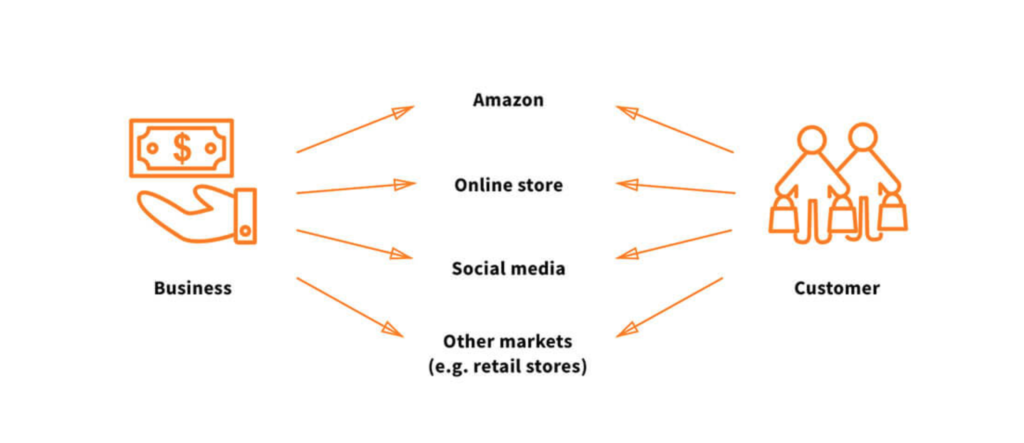
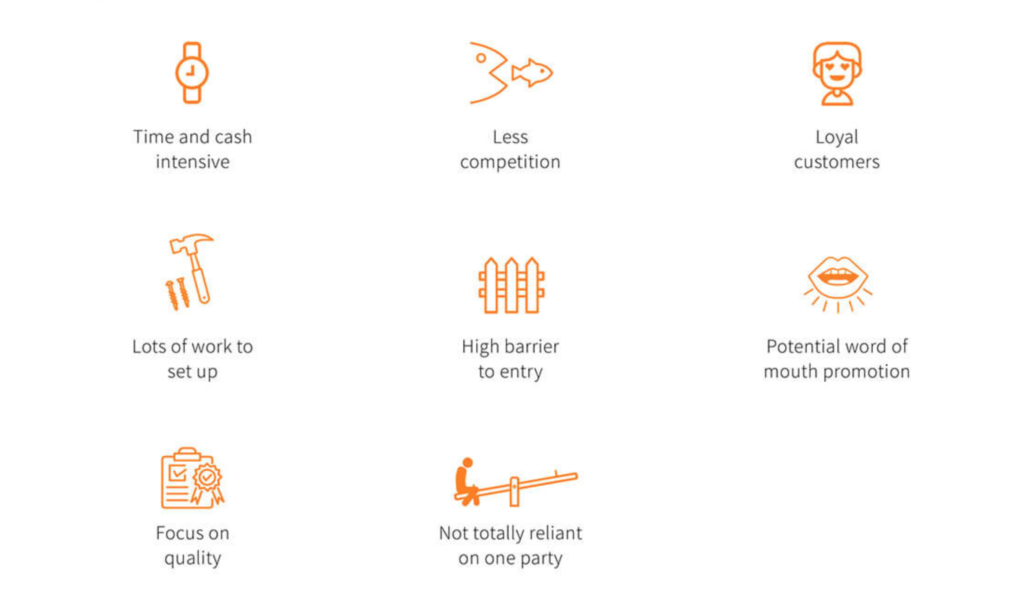
Private Label – Pros and Cons
Pros:
- Less susceptibility to competition. People are generally buying your product for reasons other than price – they are buying your product because of your brand/unique offering. Therefore, higher margins are easier to maintain.
- Your brand is independent of Amazon. If your seller account is shut down, or Amazon goes bankrupt, it is much easier to shift your business operations elsewhere.
- Potentially multiple revenue streams.
- Loyal customers can provide great marketing value through word of mouth.
- Generally, this type of business doesn’t need to hold as many stock lines as a private label business, making it easier to streamline the operations of the business, and avoid buying inventory that doesn’t sell.
- Stronger, more strategic relationships with suppliers provides more leverage.
Cons:
- It takes a long time to develop a trusted brand. Developing a relationship with your target market is more than just buying stock and adding your brand to it.
- Bad reviews early on can potentially jeopardize your business.
- Sourcing high quality products that suit the needs of your customers is much more important. Involves much more prototyping and dialogue with suppliers.
- If you choose the wrong niche, it can be hard to change your business focus once established.
How saleable is this type of business?
Established, recognized brands and proprietary products add far more value than the former two types of business. They have a strong ‘staying power’ in the market, and if done right, attract loyal customers. From the perspective of a potential buyer, this is highly valuable and can demand a significant premium. Factors that affect the saleability of this type of business are more centered around how established the business is, how much of the earnings are directly influenced by the owner, margins, market share, web traffic and digital assets outside of Amazon (such as social media presence, customer mailing lists, standalone online stores, and automated systems).
==> Follow this link to Part 2 of this series in selling your FBA business. <==
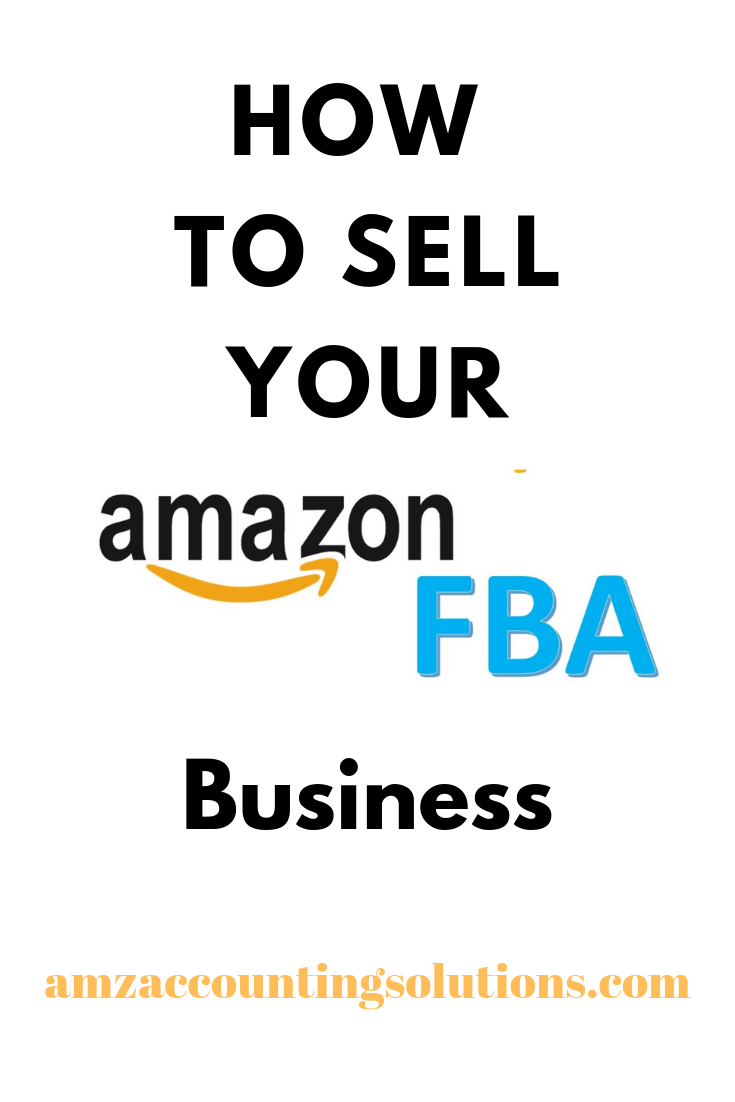



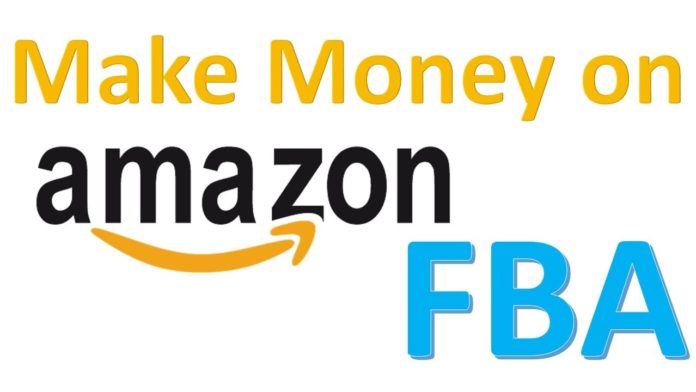






Like!! I blog quite often and I genuinely thank you for your information. The article has truly peaked my interest.